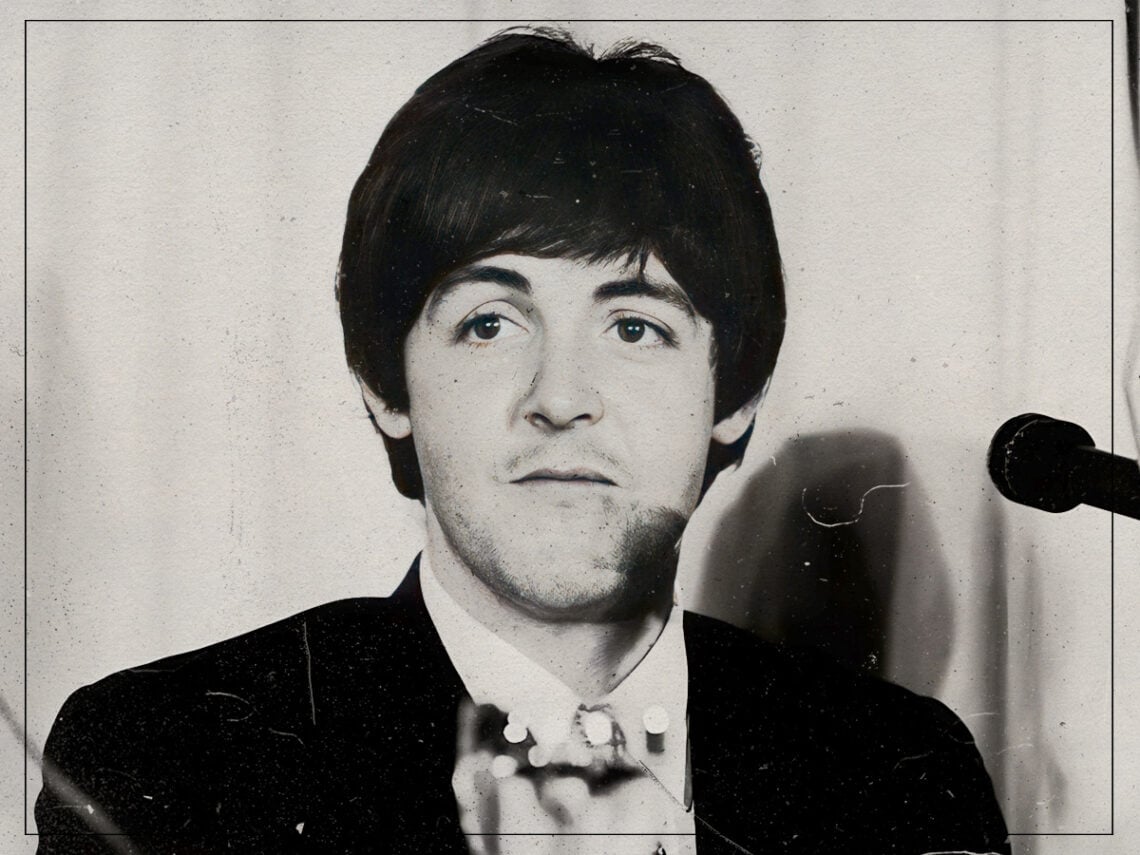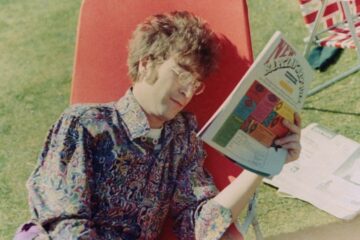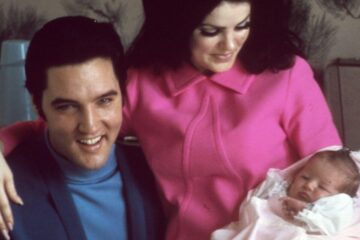As the 1960s drew to a close, The Beatles were the biggest band in the world, but they were also on the verge of breaking up. As their fame grew, the internal relationships between the band members began to fracture. Paul McCartney attempted to take over creative control; John Lennon was drawn more to work with Yoko Ono than his bandmates, and every Beatle was torn up over the loss of their manager Brian Epstein. Eventually, these issues became insurmountable.
The 1960s came to an end, and so too did The Beatles. They delivered their final studio album, Let It Be, in the spring of 1970, providing one final collection of classics before going their separate ways. However, the disbandment of the Beatles didn’t mark the end of the band’s contributions to music. In fact, every Beatle put out a solo record in the same year as Let It Be.
Paul McCartney jumped the gun with the self-titled McCartney, which hit record store shelves almost a month before the release of Let It Be. A few months later, Ringo Starr followed suit when he delivered his second solo offering, Beaucoups of Blue, in the autumn of 1970. November saw the release of the gorgeous All Things Must Pass by George Harrison, while John Lennon rounded out the year with his first Plastic Ono Band release.
The band may not have been writing and recording together anymore, but the tension that had torn them apart still existed to a certain extent. In 1971, McCartney spoke with Life Magazine about the rivalry between the Beatles as they amped up their solo careers. “I suppose musically I’m competing with the other three,” he admitted, “Whether I like it or not. It’s only human to compete.”
This time, though, McCartney saw the competition as a positive thing. There would be no struggles for creative control or disagreements on sonic directions. The rivalry existing in the background only pushed each Beatle to make better music. “I think it’s good for us,” he stated, “I think George has shown recently that he was no dummy. I think we’re really good, each one of us, individually.”
Harrison had certainly shown that he wasn’t a “dummy” with the release of All Things Must Pass in 1970. He may have been underestimated during his time with The Beatles, overpowered by the dominance of Lennon and McCartney, but he was just as talented a songwriter. On tracks like ‘My Sweet Lord’ and ‘I’d Have You Anytime, he could stretch his wings as a songwriter with a little more distance from his Beatles bandmates.
Harrison wasn’t the only member who honed in on his sound after the break-up of The Beatles. Lennon immersed himself in collaboration with Yoko Ono and recruited an ever-changing Plastic Ono Band to create a more raw sound. McCartney worked alone and with Wings to create wistful tunes like ‘Silly Love Songs’ and ‘Band on The Run’. Starr’s solo endeavours were a little less impressive but persisted nonetheless.
Of course, nothing the Beatles did alone would compare to their success as a unit, but their separation and the resulting competition did allow them each to focus on their differentiating sonic interests. Harrison proved that he was an underutilised songwriting asset in the Beatles, while Lennon and McCartney thrived collaborating with new people.
The tensions that had existed when they were a band no longer impacted their songwriting sessions, but the competition in the background still pushed them to create their best work.



